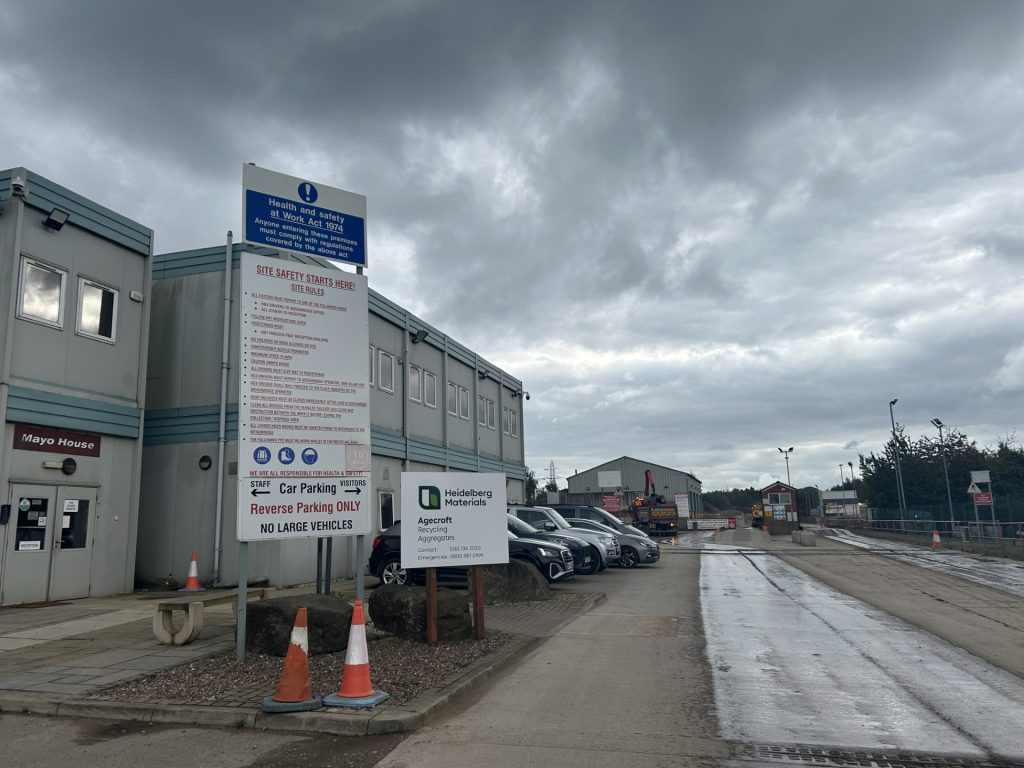
A Swinton based waste plant is hoping to expand its output by 280,000 tonnes per year under their new plans.
The waste plant at Overman Way in Swinton, deals with construction demolition and excavation waste that produces recycled aggregate products.
The current throughput of the Salford plant is currently at 470,000 tonnes, but according to plans laid out in a permit variation application from September 2024, increasing the amount to 750,000 tonnes to maximise the plants capability.
The increase of 280,000 tonnes of waste will also be aligned with other proposed changes, including the addition of soil washing activity.
As the site will also see an extension of its boundaries to both the south and west as it hopes to maximise their intake of waste.
The site is regulated by an environmental permit that allows non-hazardous waste and a limited range of hazardous waste.
However, the owners and operators Heidelberg Materials confirmed to Salford Now that they only accept and process non-hazardous waste.
The company have shared on their website that this includes exclusively hardcore waste – construction and demolition waste such as bricks -, inert soils and commercial waste, sharing that the assessed risk of gaseous pollution in the expansion of the site is classed as ‘very low’.
As Heidelberg Materials’ also stated that they remain committed to being ‘safe and inclusive’, ‘circular and resilient’, ‘nature positive’ and net zero by 2030.
The increase of waste and the site size may have an impact on the closest residential properties to the site that are just 120 metres to the south and south west of the site’s border.
However, these residents have been classed as being ‘low sensitivity’ for dust soiling and human health impacts, with the Brindle Heath woodland directly bordering this area acting as a barrier to dust emissions.
As for the properties to the east of the Swinton waste site, they are also protected by both the railway line and industrial buildings that surround the area.
And the concern wastewater from the plant spilling into the surrounding Manchester, Bolton, and Bury Canal and the River Irwell have also been treated as a low to medium risk too.
Heidelberg Materials’ were contacted for a comment.














Recent Comments